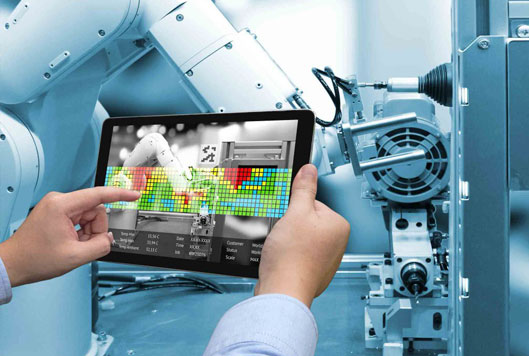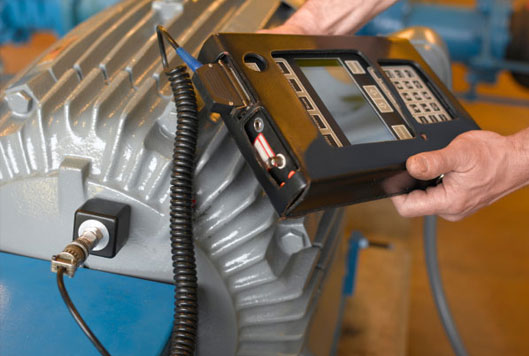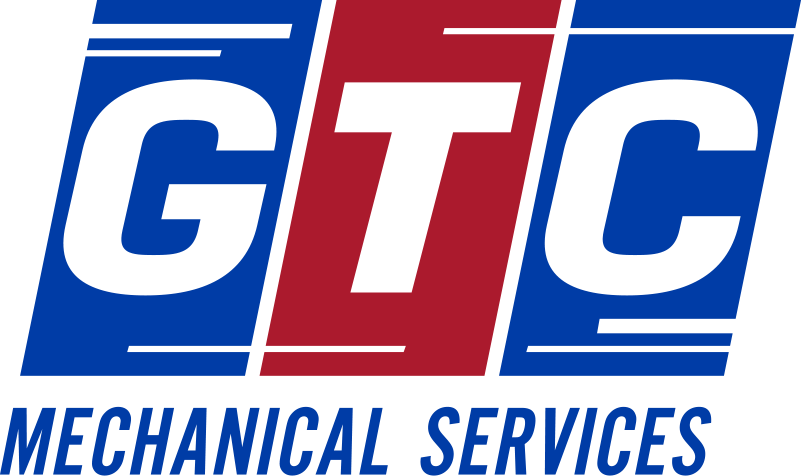Predictive Maintenance
Are you not seeing the return on investment from your commercial HVAC/R predictive maintenance program?
Only incorporating run to failure (RTF) maintenance or preventative maintenance as part of your HVAC/R strategy can lead to unexpected shutdowns or early equipment breakdown.
Call (614) 837-3888 to learn more GTC’s predictive maintenance techniques or to schedule service.
Whether your facility already has implemented a predictive maintenance program or you are currently evaluating the value of one, GTC Mechanical Services can help. GTC’s PdM processes will help your facility switch from a reactive to a proactive, analytical approach to keep equipment running at peak efficiency. Our technicians apply principles of statistical process control to identify issues or trends that could lead to system failure or unplanned downtime. PdM helps to optimize maintenance, reduce downtimes, extend equipment life and improve reliability/performance. PdM processes allow clients to understand equipment usage, run hours and average downtime to predict part replacement timing to avoid run to failure and the impacts associated with them.

Why schedule predictive maintenance service with GTC?
GTC employs PdM techniques including vibration analysis, oil analysis and infrared photography for chillers, boilers and controls. Vibration analysis interprets the vibration signature on equipment to recognize misalignment, defective bearings, bent or loose parts. Oil analysis of a lubricant’s properties tests for viscosity, suspended contaminants and wear debris for additional prediction.

Thermal imaging/infrared photography takes a dynamic heat analysis of moving parts to detect conditions such as unbalanced electrical loads, heat loss, air, gas or water leaks. Thermal imaging also can detect:
- Imaging of moving parts (Motors, bearings, sheaves, belts)
- Electrical circuit quality (starters and contactors, disconnects, fuses and busses, electrical connections)
- Duct heat loss or gain
- Conditioned envelope heat loss or gain
- Tracing membrane roof leaks
- Compressor operating conditions (relative head, sump, suction, discharge temperatures and unloader or hot gas bypass operation)
- Analysis of steam traps, radiators and convectors, radiant loops, or any process that can reveal the integrity of the process by comparative temperature
Most predictive inspections are performed while equipment is in service, minimizing disruption of normal system operations.
